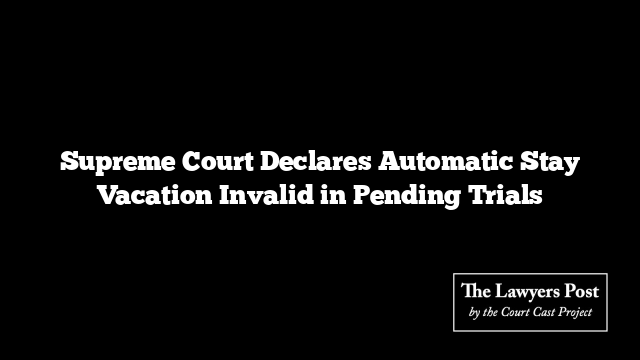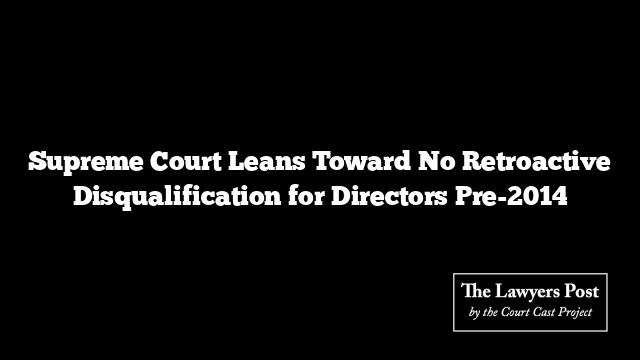The Supreme Court has clarified a key legal issue concerning interim protection orders in criminal cases. The ruling came from the case of High Court Bar Association, Allahabad v. State of U.P. & Ors., which overturned the 2018 decision in the Asian Resurfacing case. The apex court determined that if a trial has not concluded and an automatic vacation of stay had occurred under the previous ruling, such vacation is now deemed invalid and inoperative.
In the landmark decision, Justices Dipankar Datta and KV Viswanathan explained that the automatic vacation of stay orders, previously governed by the Asian Resurfacing judgment, do not apply if the trial is still pending. This means that any interim protection granted by a High Court, and later vacated under the old rule, will revive and remain in effect until the High Court decides otherwise.
The case involved an appellant accused of several offenses in 2010, who had secured a stay on his arrest from the Allahabad High Court. This protection was automatically vacated following the Asian Resurfacing ruling. However, with the Supreme Court’s recent overruling, the protection is reinstated, preventing any coercive action against the appellant until further orders from the High Court.
The Court’s decision underscores that the Supreme Court cannot bypass the substantive rights of litigants under Article 142 of the Constitution. This ruling provides significant clarity on the application of stay orders in ongoing trials, ensuring that interim protections cannot be automatically lifted without a thorough legal examination.





